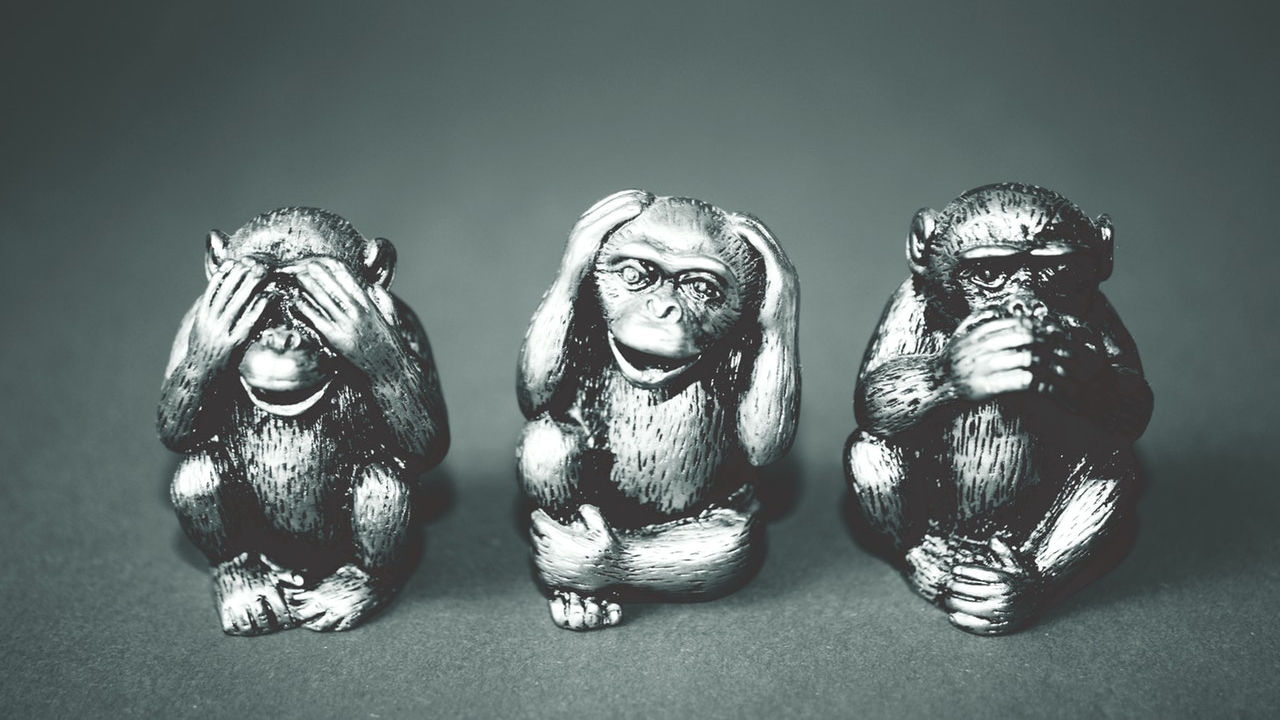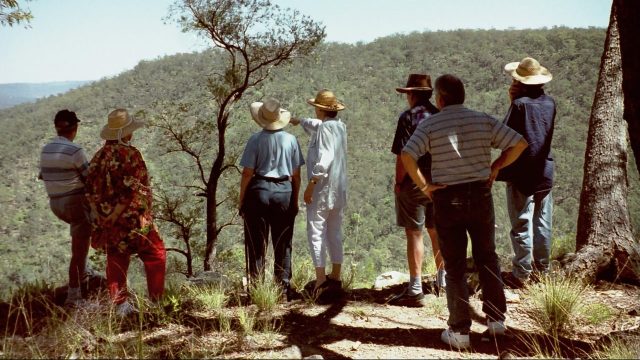
Ways of not knowing: The forms of denial
An article in The Conversation discusses the appearance of Cardinal George Pell at Australia’s Royal Commission into Institutional Responses to Child Sexual Abuse.
Pell’s evidence is assessed in terms of the three forms of denial described by sociologist Stanley Cohen in his book States of Denial: Knowing about Atrocities and Suffering.
The most basic form is literal denial, which is the outright rejection of the facts. Pell is described as exhibiting a large amount of literal denial, such as saying that he had never known or heard about allegations of abuse by a priest that he had shared a presbytery with.
A further form is interpretive denial, where a fact is accepted but given a different interpretation. Pell is seen to exhibit this in regard to priests being unexpectedly moved between parishes. He said that he thought that homosexual behaviour had been mentioned in regard to the priests being moved, rather than paedophilia.
The final form is implicatory denial, which is the refusal to see the legal and moral implications of information. Pell asserts that he did all that was required of him in his position, which was to just report allegations of abuse to his superiors, but he is seen as having a moral responsibility to have gone beyond this.
These three forms of denial are also applied to climate change denial in a post on the Resilience website. However, as RealKM has previously discussed, the issues around climate science denial are complex.
The issues around Pell’s responses may also be more complex than what is first assumed. Some commentators argue that his responses are likely to be genuine, and say that he is inappropriately being turned into a scapegoat who has been targeted for more criticism than the actual perpetrators of the abuse.
Also published on Medium.





3 Comments